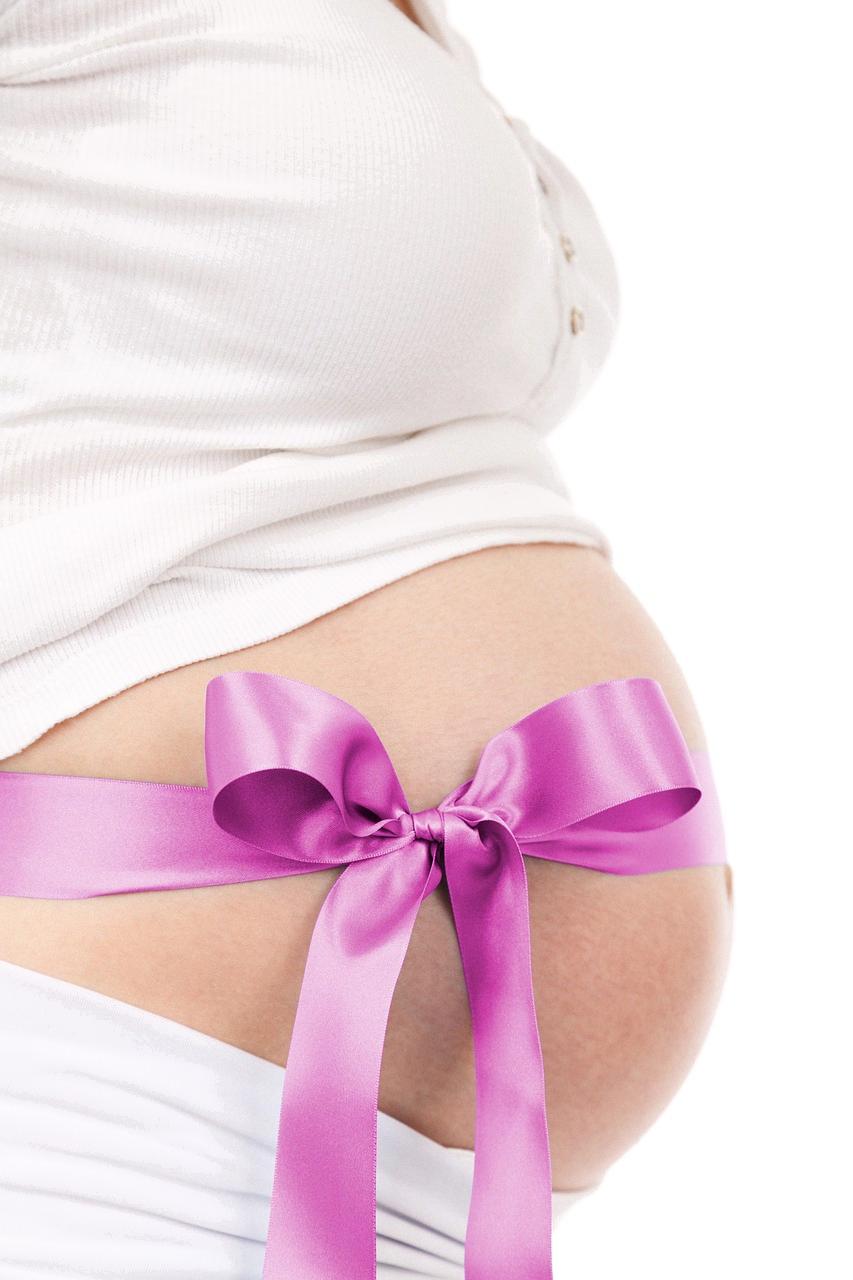Swelling, also known as edema, is a common symptom experienced by many women during pregnancy. It is caused by the body retaining more water and salt than usual, leading to an increase in fluid in the tissues. While swelling can occur at any point during pregnancy, it is often more noticeable around the fifth month and tends to intensify during the third trimester.
Factors Contributing to Swelling
Several factors can contribute to swelling during pregnancy. One such factor is the summertime heat, which can lead to increased water retention and exacerbate swelling. Additionally, standing for long periods of time can also contribute to swelling in various parts of the body, including the fingers.
Specifics about Finger Swelling
When it comes to swelling in the fingers specifically, this can be a common occurrence during pregnancy. The fingers may begin to swell around the fifth month, coinciding with the overall increase in fluid retention in the body. As the pregnancy progresses into the third trimester, finger swelling may become more pronounced.
Causes of Finger Swelling
The swelling in the fingers during pregnancy is primarily due to the body’s increased retention of water and salt. The hormonal changes that occur during pregnancy can affect the body’s fluid balance, leading to swelling in various areas, including the fingers. Additionally, the pressure from the growing uterus can also impact circulation and contribute to finger swelling.
Managing Finger Swelling
While some degree of swelling during pregnancy is normal, there are ways to help manage and alleviate finger swelling. Staying hydrated, elevating the hands when possible, and avoiding standing for long periods can help reduce swelling in the fingers. Wearing comfortable, loose-fitting clothes and removing rings if they become tight can also provide relief.
When to Seek Medical Attention
Although some swelling is expected during pregnancy, it is essential to monitor the severity and location of the swelling. If you experience sudden or severe swelling in the fingers or other parts of the body, along with other symptoms such as headaches, visual disturbances, or high blood pressure, it is crucial to contact your healthcare provider promptly.
Preventing Excessive Swelling
While it may not be possible to entirely prevent swelling during pregnancy, there are steps you can take to help minimize it. Engaging in regular physical activity, such as walking or swimming, can improve circulation and reduce fluid retention. Eating a balanced diet rich in fruits and vegetables can also support overall health and potentially decrease swelling.
Importance of Rest and Self-Care
Rest and self-care play a vital role in managing swelling during pregnancy. Taking breaks throughout the day to rest your hands and feet, practicing gentle exercises like yoga or stretching, and seeking emotional support from loved ones can all contribute to your overall well-being and help reduce the impact of swelling.
Monitoring Your Symptoms
Keeping track of when and where swelling occurs in your body can help you identify patterns and triggers that may exacerbate the swelling. By noting any changes in your symptoms and discussing them with your healthcare provider, you can receive personalized advice on how to manage swelling and ensure a healthy pregnancy.
Embracing Changes During Pregnancy
It is essential to remember that swelling, including in the fingers, is a normal part of the pregnancy journey for many women. Embracing the changes that occur in your body and seeking support from healthcare providers, friends, and family members can help you navigate the ups and downs of pregnancy with confidence and positivity.
Conclusion
In conclusion, swelling in the fingers during pregnancy typically occurs around the fifth month and can become more noticeable in the third trimester. Various factors, such as hormonal changes, heat, and prolonged standing, can contribute to finger swelling. By practicing self-care, monitoring your symptoms, and seeking medical attention when needed, you can manage swelling effectively and focus on your well-being throughout your pregnancy journey.

